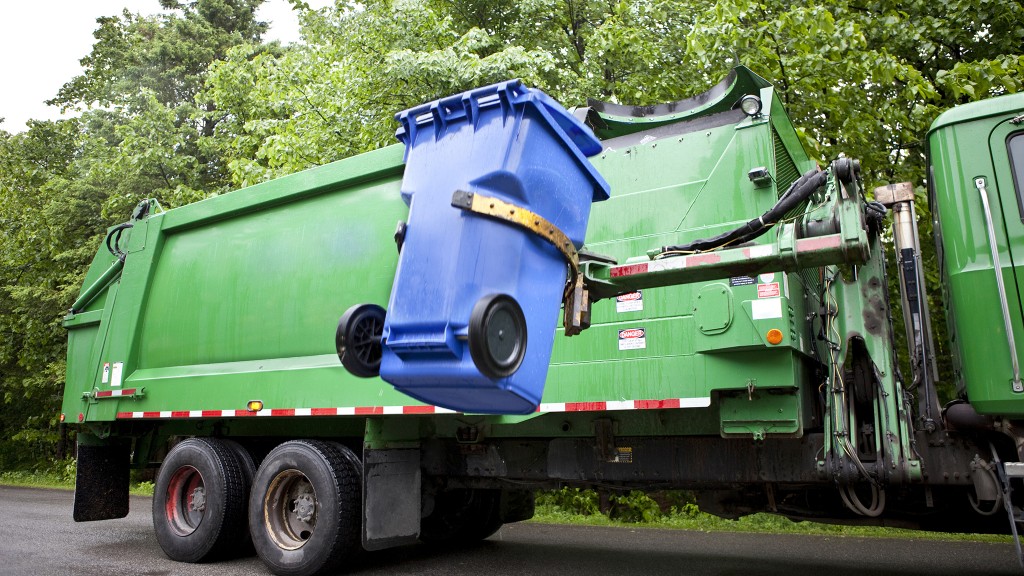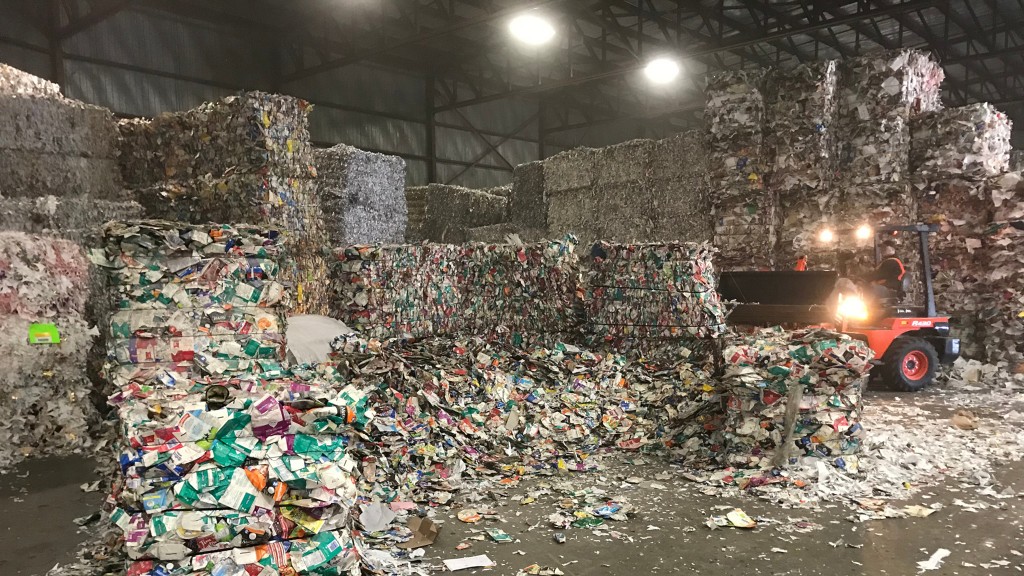What Ontario's new province-wide Blue Box collection system means for carton recycling

A major milestone was reached in the summer of 2022 when Ontario's Blue Box recycling program transformed into a fully producer-led model. Circular Materials together with RYSE Solutions, who are the two full-service producer responsibility organizations (PRO) acting on behalf of producers in Ontario, submitted a plan called the "Initial Report" that spells out how they propose to set up and manage the collection of Blue Box materials in communities across the province. At the time this report was filed, a third PRO, the Resource Recovery Alliance, was also part of the picture, but it has since been acquired by Circular Materials itself.
Up to now, municipalities were the ones responsible for setting up their own collection systems to bring recyclables from the residential sector and, in some cases, from other locations (e.g., public spaces, schools) to a material recovery facility (MRF) for them to be sorted, baled, and sent off to recyclers. According to the architects of the new plan, a common collection system which will be administered by a single entity for the entire province will start to replace the currently fragmented arrangement on July 1, 2023. A hybrid system will persist until Ontario completes its transition to a full extended producer responsibility model, which is scheduled to happen no later than January 1, 2026.
This common collection system, or CCS for short, will be administered as a non-profit enterprise by Circular Materials as its official administrator, together with a PRO operating committee comprised of the two PROs and individual producers who wish to join them. Producers who prefer to fulfill their recovery obligations on their own can in fact do so without subscribing to one of the PROs.
A day-to-day operator for the common collection system has already been selected. RLG Canada, the Canadian arm of international recycling and returns management specialists Reverse Logistics Group, will be involved in the start-up phase of the CCS.
A core component of the new system will be a network of receiving facilities spread out across the province. These are the places where the collected Blue Box material will be offloaded by collection vehicles before they get sorted. Importantly, all these facilities will be situated no further than a 60-minute drive from the centres of the municipalities they serve. The process of selecting these facilities through a request for proposals has already begun. It must be noted that single-stream collection (in which all recyclables are mixed together) and dual-stream collection (where fibres are collected separately from containers, including food and beverage cartons) will continue to cohabit under the new system.
System administrators will also be responsible for contracting waste haulers across the province to collect the Blue Box materials and drive them to the receiving facilities. The RFP process for selecting these haulers is also underway and should be completed by next February. During the transition period, municipalities will have the option to continue providing collection services (either directly or through their service provider) if they so chose.
Each PRO will then regularly pick up from each receiving facility the share of materials their producers represent, as would the producers acting individually. This share, established by weight, would be determined by the proportion of paper, packaging, containers, and other recyclables that each producer puts on the market in Ontario. An outside accounting firm will ensure the accuracy of these calculations while preserving the confidentiality of any sensitive commercial information. These materials will be taken to primary sorting and separation facilities located in Ontario for the most part, except possibly for those from northwestern Ontario which may be processed in Manitoba.
While setting up and operating such a vast system understandably holds its unique set of challenges, the Carton Council of Canada welcomes the greater coherence and consistency it should bring to collection efforts. In that regard, this next aspect is the one that has us the most excited as far as cartons are concerned. The CCS will also be responsible for delivering promotion and education (P&E) in each community through a comprehensive province-wide plan, which will still allow for local interventions all the way down to the street level.
Clear and sustained P&E efforts are essential to maintaining and growing recovery rates, particularly for materials whose recyclability is not yet as ingrained as others, like food and beverage cartons (aseptic cartons in particular). By replacing the current way of doing things which relies heavily on municipalities developing and deploying their own programs, we expect this unified, province-wide approach to lead to initiatives that are even more effective, in large part because they would benefit from consistent messaging on what and how to recycle.
Isabelle Faucher is the managing director of the Carton Council of Canada.



